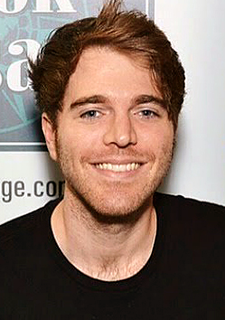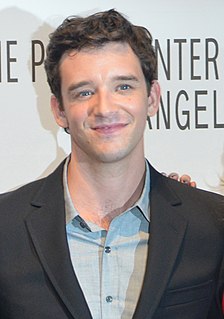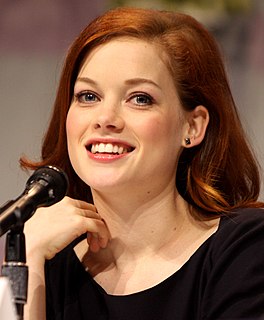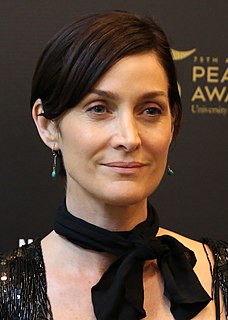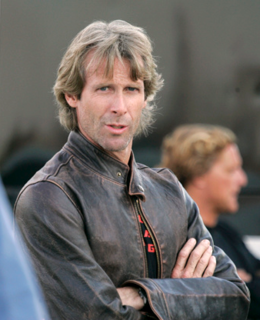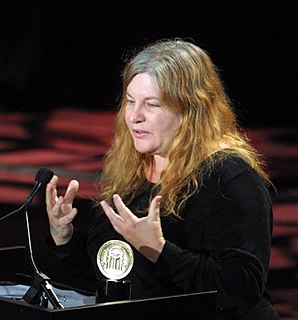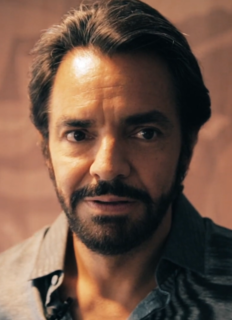A Quote by Shane Dawson
The biggest thing I learned is directors don't make a lot of money on a movie.
Related Quotes
Biggest problem? Well, I'd say it's been my biggest problem all my life. MONEY. It takes a lot of money to make these dreams come true. From the very start it was a problem. Getting the money to open Disneyland. About seventeen million it took. And we had everything mortgaged including my personal insurance.
Directors typically have three choices - you do a studio movie and get a paycheck up front, you do an independent movie, which is for your heart and you don't get paid up front and probably don't make any money on it, but it hopefully goes to Sundance and is more of an art movie, and then you do TV.
